Been in the workforce for at least five years and interested in contributing your salary story? Submit your information here.
Age: 38
Location: New York City
Current industry and job title: Adjunct professor, freelance writer, and working on developing my own business
Current salary: $35,000 to $50,000 (varies due to freelance income)
Number of years employed since school or university: 17
Starting salary: $35,000
Biggest salary jump: From $120,000 to $150,000. I achieved this increase after resigning from my job in finance and taking a new role in a tech startup.
Biggest salary drop: From $170,000 to less than a third of that. This was the salary drop when I left my previous job in the corporate world to pursue my current work.
Biggest negotiation regret: Like many people, I wish that I’d negotiated a lot earlier in my career. Doing so would not only have been beneficial to me but I believe that it would have been valuable to many other Latinas as well. Latinas are the most underpaid demographic across any industry [in the US]. In 2022, Latinas earned only 57% of what non-Hispanic white men earned.
Throughout my career, I was often not only the sole Latina in the room but also the most underpaid person in that room as well. In my first job after grad school, for example, I found out that I was making significantly less than my white male coworker, even though we had the same role and I repeatedly got better performance reviews. After asking for a raise, I was told to wait six months and when I finally received a raise, I was still earning less than my colleague. It took a total of three merit increases for me to finally receive equal compensation.
This experience made it clear that my employer did not value me; however, if I had negotiated my salary upon taking the role, rather than afterwards, I would have been in a better position. It would have also helped set the precedent that Latinas not only deserve more but are willing to ask for it as well.
Best salary advice: Always and consistently advocate for yourself, especially if you are a woman, and especially more so if you are a woman of color. If you want something — a salary increase, improved benefits, equity — you have to ask! The answer will always be no if you don’t ask, but if you do, you might get a yes.
Even if you receive a “no,” then that just means you are now in a good position to make an informed decision: What will you do next? Wait it out? Apply somewhere else? The key is understanding that you can manage your salary expectations and negotiate in a way that is in line with your needs.
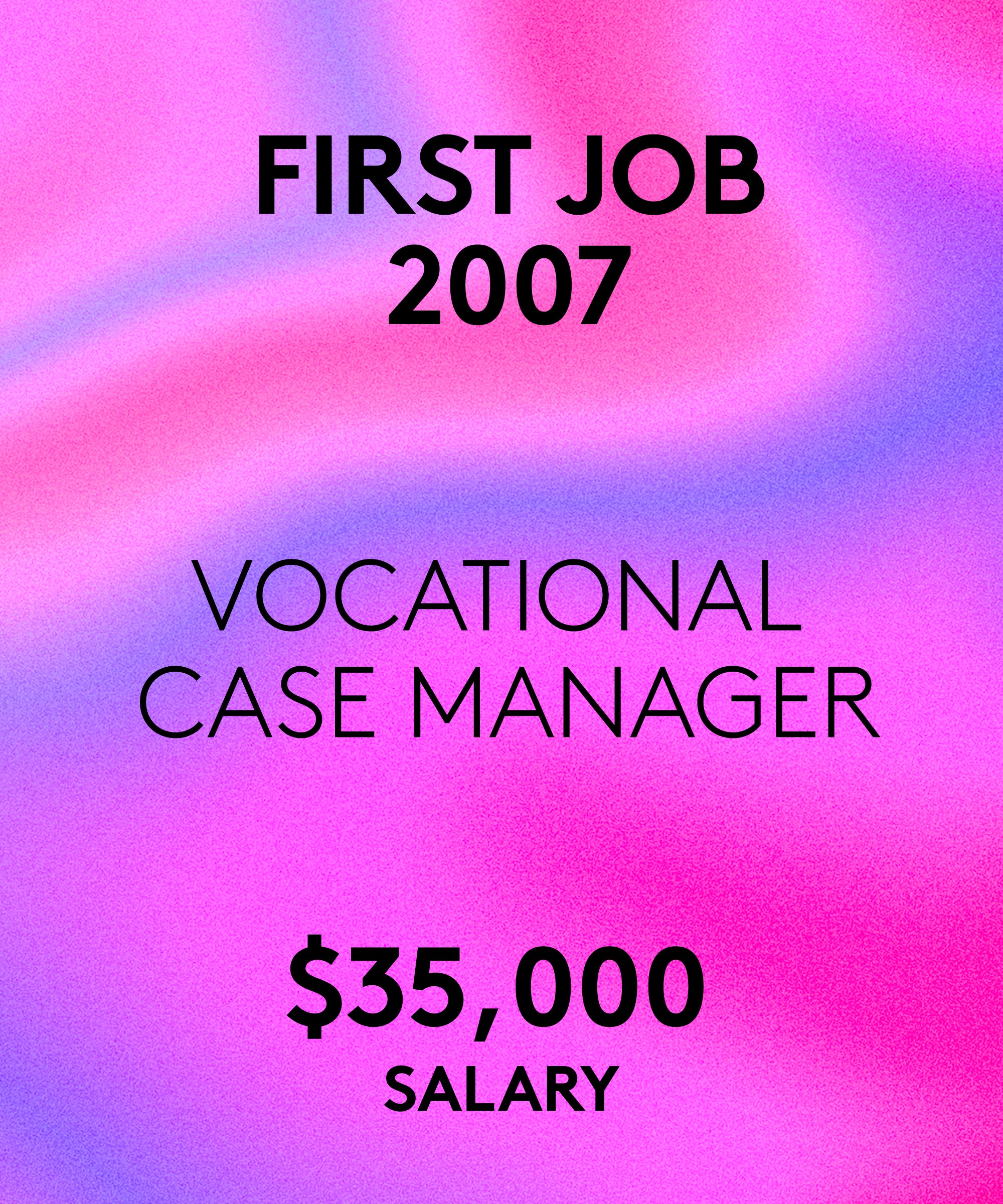
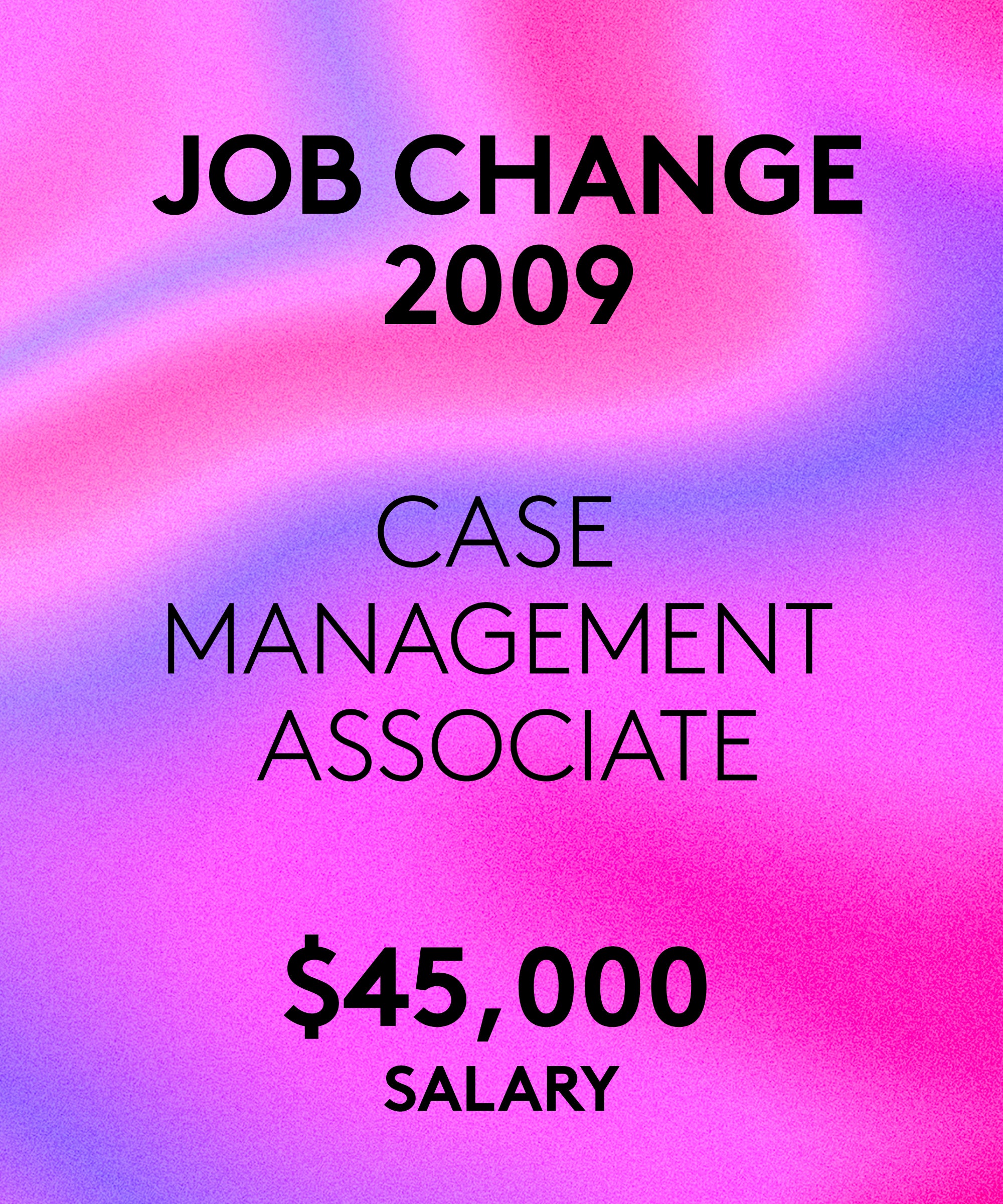
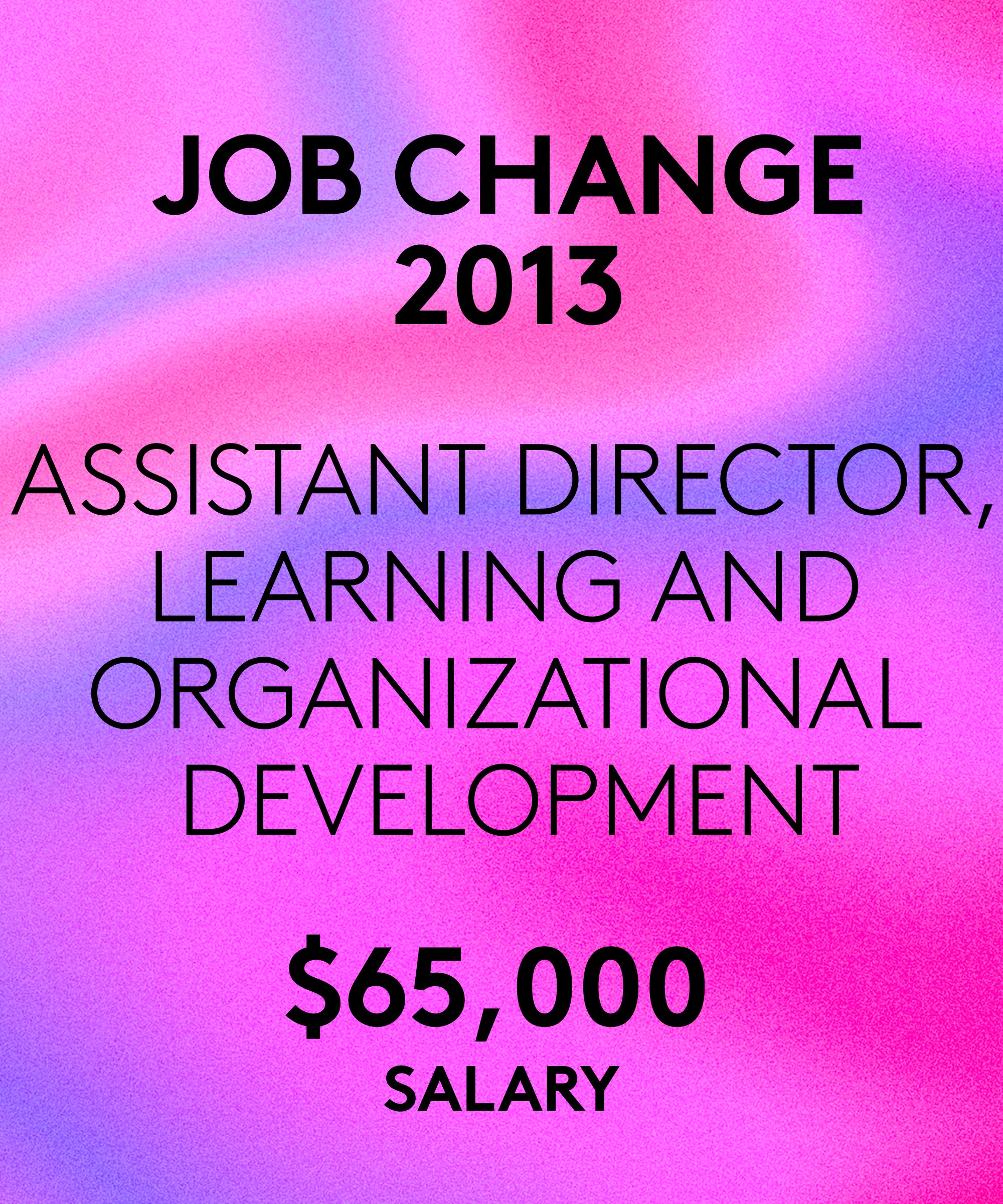
But I was given $65,000 because I was an “internal candidate” and as such the company could not give me such a significant increase. After being in human resources for a while, I realized that this rule could be — and often was — broken. After several merit increases over five years, my salary went up to $85,000.


A scope change is a good opportunity to discuss a promotion or salary adjustment with your employer and ensure you are compensated fairly.
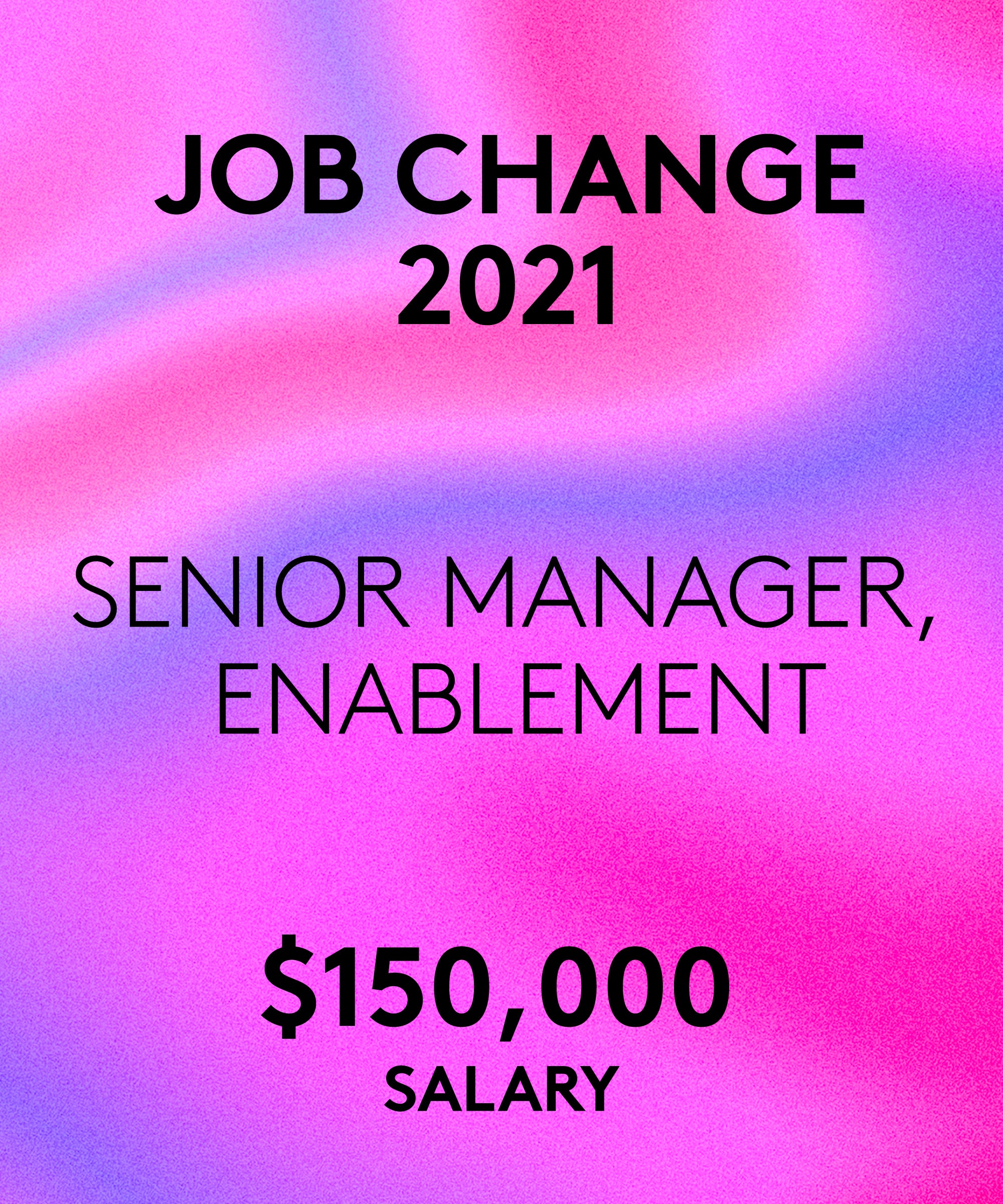
When I interviewed for this role, I knew it was going to be challenging. It was a scrappy startup that was experiencing significant growth at the time. It seemed to have a lot of chaotic energy, and I was responsible for managing 10 people.
The interview and hiring process was rushed and I was given a rather short turnaround time to accept the offer, which was initially $135,000. I figured I had sufficient room to negotiate so was able to ask for more than they were offering.
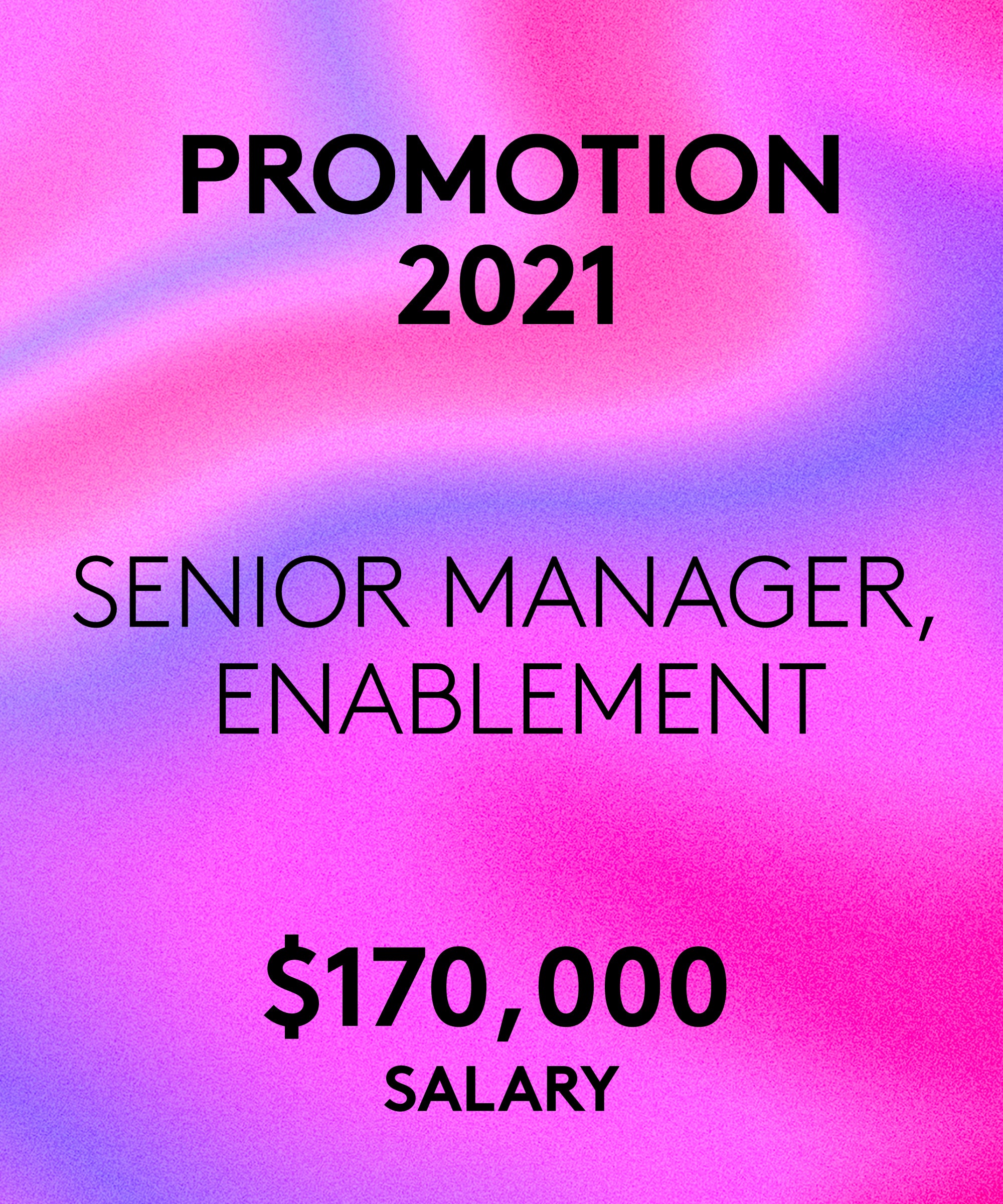
The job was very demanding and I had been putting in a lot of work. I created several systems from scratch, as the company was just learning how to function in the learning and development space, and so barely had the foundations in place. I was given the merit increase by human resources while I worked with them to define the compensation structure for my team.

I was aware when making this transition that my income would not be the same. It was risky but I saw it — and still see it — as a temporary change. I knew it would lead me to a more balanced, rewarding and fulfilling career and life. This journey has required an intentional mindset shift, deep introspection and redefining success on my own terms.
Like what you see? How about some more R29 goodness, right here?
I Make $6,000 To $12,000 By Freelancing
I Went From $175,000 To $245,000 In One Job Change
I Got A $20,000 Pay Raise By Contracting
from Refinery29 https://ift.tt/Zs7VChQ
via IFTTT
